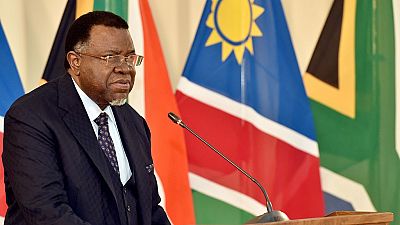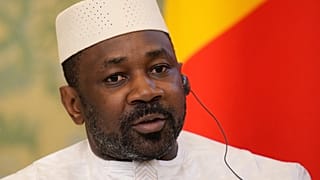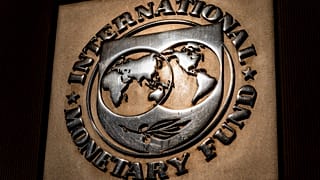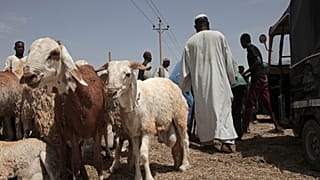Namibia
Namibia has scrapped a requirement for companies seeking mining exploration licences to be partly owned and managed by black Namibians, the country’s mining industry group said on Friday.
The policy was introduced in 2015 to increase the participation of historically disadvantaged black Namibians in some of the country’s most lucrative business projects, but critics said it threatened the diamond and uranium producer’s ability to attract investment.
The chamber of mines said on Friday the requirements had been set aside by Mines and Energy Minister Tom Alweendo in a letter to the group.
Neither the minister nor officials in his department could be reached for comment.
Hilifa Mbako, the chamber’s vice president, said the decision “was the most important fundamental decision for future investment into Namibia.”
Namibia Scraps Black Ownership Rules for Mining Exploration Licenses https://t.co/nQifA6nO6m pic.twitter.com/DvpYhGOAAR
— VOA Africa (@VOAAfrica) October 26, 2018
Mining contributed 12.2 percent to the country’s gross domestic product last year.
Under the scrapped policy, the management structure of a company applying for an exploration licence was required to have a minimum 20 percent representation of black Namibians.
At least 5 percent of the company also had to be owned by Namibians or by a company wholly-owned by Namibians.
Mbako said the requirements and uncertainties created by the planned New Equitable Economic Empowerment Framework (NEEEF), a regulation intended to force white-owned businesses to sell 25 percent stake to blacks, had hit investor confidence in Namibia.
Namibia gained its independence from South Africa in 1990 and the former German colony suffered from apartheid-style rules, with the white minority controlling most of the economy.
https://t.co/Tdp6hj5xwi https://t.co/VuoTq8t5wJ
— Jan Coetzee (@JanCoetzee) October 27, 2018
REUTERS














01:19
Organisation promoting Central African economic integration suspends activities
01:12
Ghana consumer inflation sinks to five-year low
00:51
Uganda says it plans to cut external budget support by 84 per cent
01:55
One year into M23 control, residents are struggling to get by in DRC's eastern capital
01:51
In Ivory Coast, cocoa farmers have nobody to sell their produce to
00:50
Ghana's multidimensional poverty rate declines for third consecutive quarter